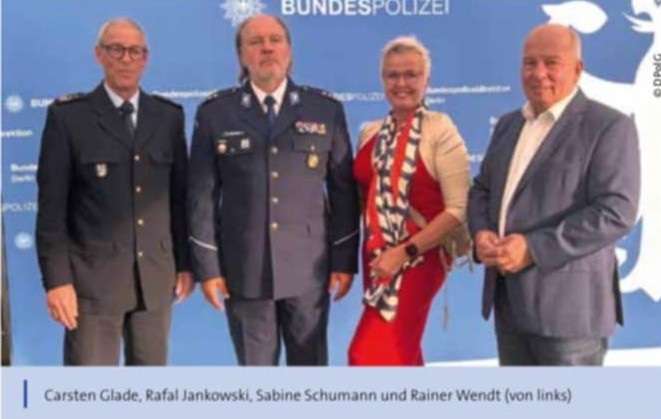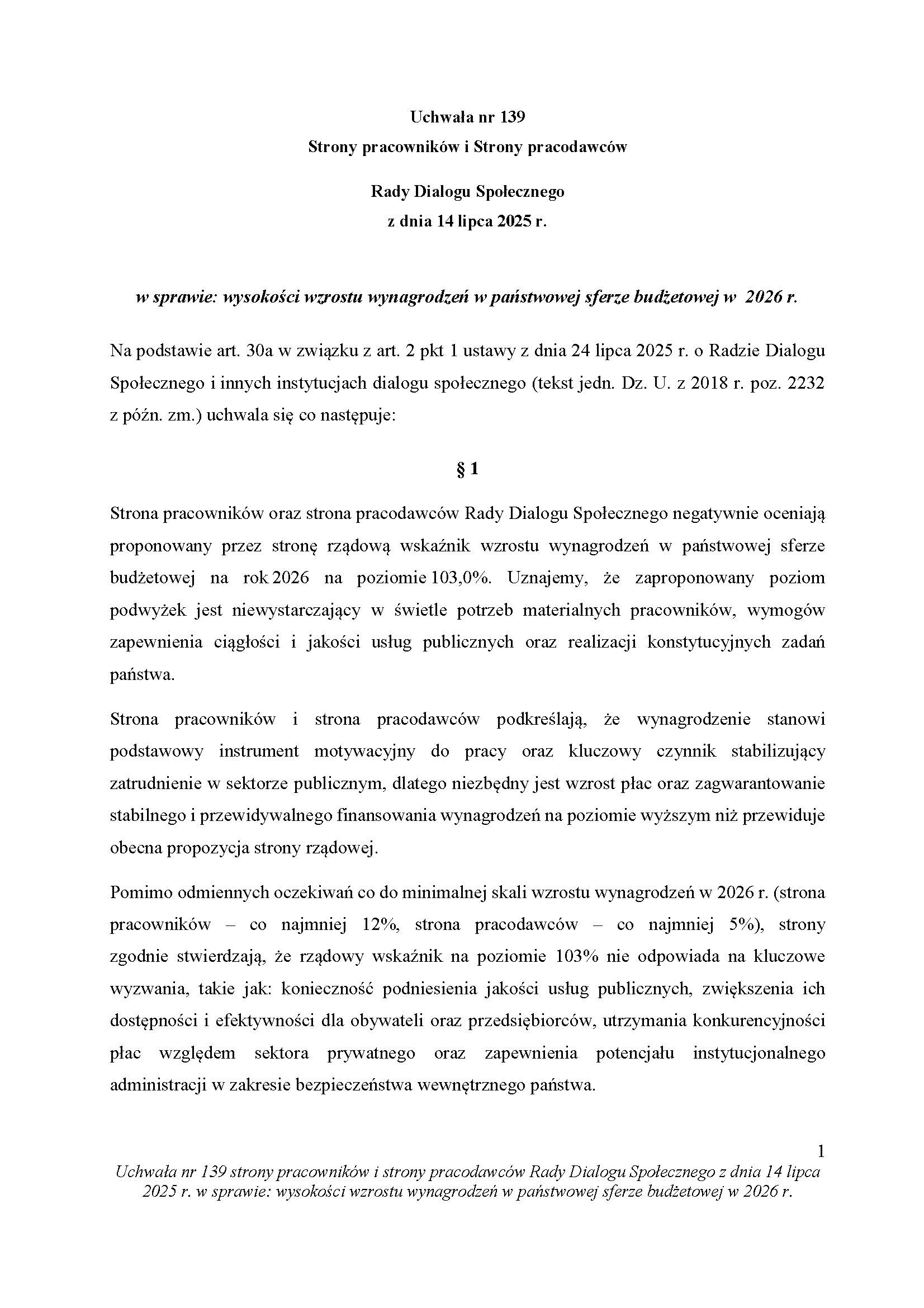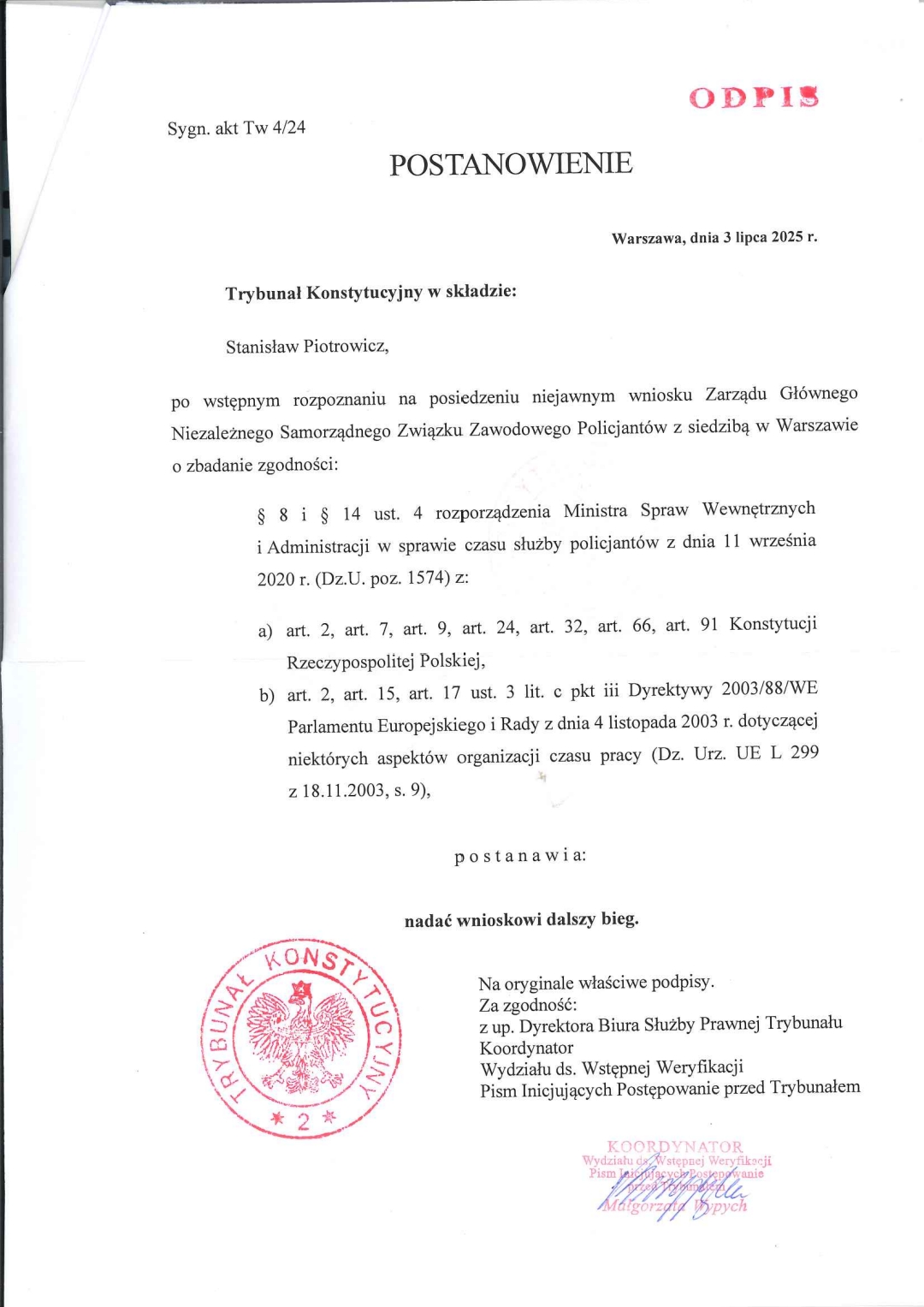
TOKYO- Japan Airlines (JL) is selling items crafted from retired Boeing 777 (JA772J) aircraft parts at Yokohama Takashimaya (YOK) from July 30 to August 12, 2025. This includes limited-edition pieces like fuselage skin tags, life vest keychains, and upcycled seat cover furniture.
Alongside the product sale, JAL and other major firms completed the first phase of a new Scope 3 environmental value trading project, supporting sustainable aviation fuel (SAF) and carbon reduction efforts across Japan’s aviation sector.
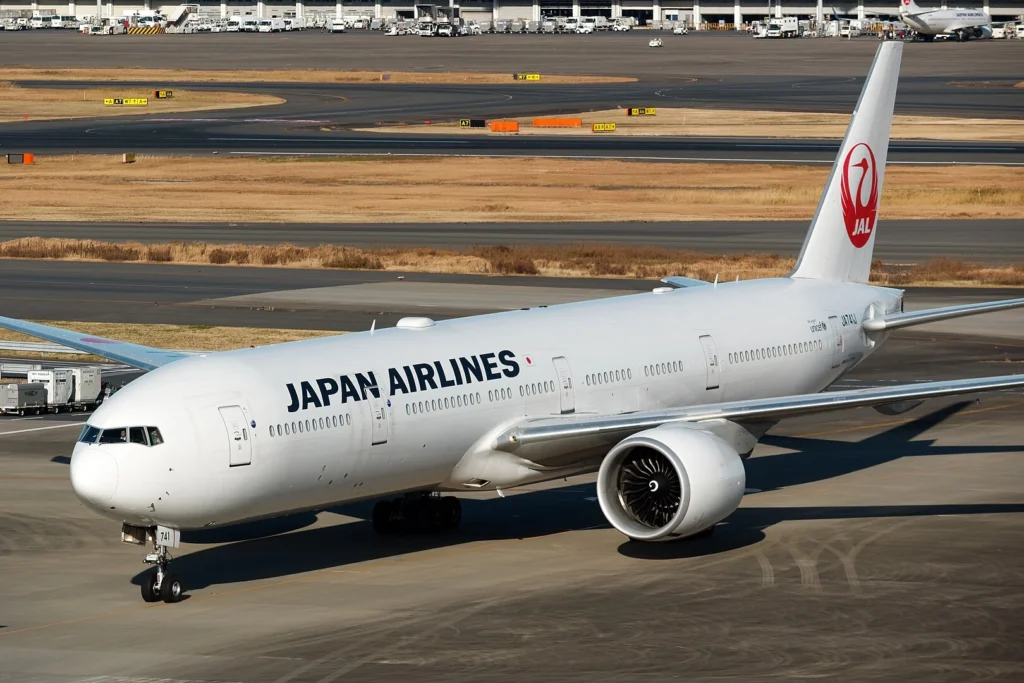 Photo: By Melv_L – MACASR – https://www.flickr.com/photos/54943237@N04/38585203445/, CC BY-SA 2.0, https://commons.wikimedia.org/w/index.php?curid=81422460
Photo: By Melv_L – MACASR – https://www.flickr.com/photos/54943237@N04/38585203445/, CC BY-SA 2.0, https://commons.wikimedia.org/w/index.php?curid=81422460Japan Airlines Selling 777 Discarded Parts
JAL Engineering, a subsidiary of Japan Airlines (JL), continues its push for sustainable practices through its fourth annual upcycling event in Yokohama.
This year, select parts from the retired Boeing 777-200 (JA772J) have been transformed into consumer goods available at Takashimaya’s 6th-floor men’s accessories space. The sale runs until August 12 or until items sell out.
Key items include:
- Fuselage Skin Tag: Made from the aircraft’s outer body.
- Miniature Life Vest: Created from unused safety gear.
- Body Bags: Sewn from domestic economy class seat covers.
- Stools: Crafted using Boeing 777 seat materials.
This initiative aligns with Japan Airlines’ broader environmental goals, repurposing materials that would otherwise be discarded while engaging consumers directly in aviation heritage and sustainability.
In a separate development, Japan Airlines (JL) has received its first Airbus A350 back from heavy airframe maintenance at ST Engineering’s Singapore facility. This marks a new phase in the airline’s ongoing partnership with its maintenance, repair, and overhaul (MRO) provider.
The collaboration spans across multiple phases of the aircraft lifecycle, underpinned by a focus on reliability, safety, and operational readiness. The goal is to keep JAL’s fleet airworthy while allowing the airline to focus on growth and network development.
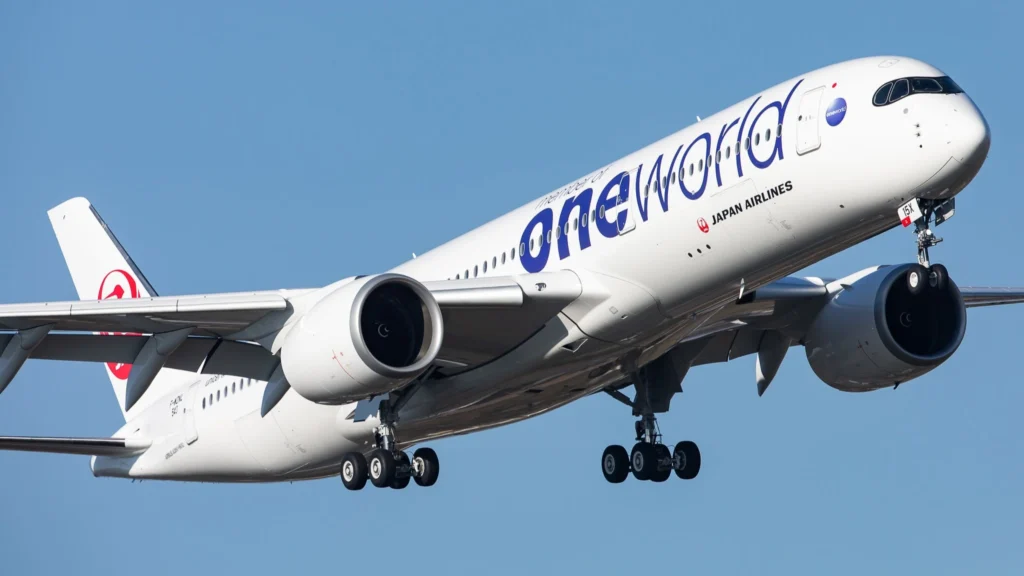 Photo: Clément Alloing
Photo: Clément AlloingScope 3 Environmental Value Trading Enters Phase Two
In August 2024, a collaborative project was launched between seven major Japanese companies and Japan Airlines (JL) to develop a Scope 3 environmental value trading scheme.
The goal: accelerate the adoption of sustainable aviation fuel (SAF) by assigning and exchanging environmental value among participating businesses.
Phase One Key Details:
- Participants: ITOCHU, ENEOS, NIPPON EXPRESS, Mizuho Bank, Mizuho Research & Technologies, Narita International Airport (NRT), and Japan Airlines (JL).
- Duration: August 2024 – March 2025.
- Outcomes:
- Environmental value data was successfully registered and traded on a digital platform.
- Bilateral contracts were matched and signed.
- The entire process was audited for transparency by ClassNK.
Phase one confirmed that the model works and has practical use. With these results in hand, the project will expand in phase two by onboarding more participants and stress-testing the trading process in preparation for social-level implementation.
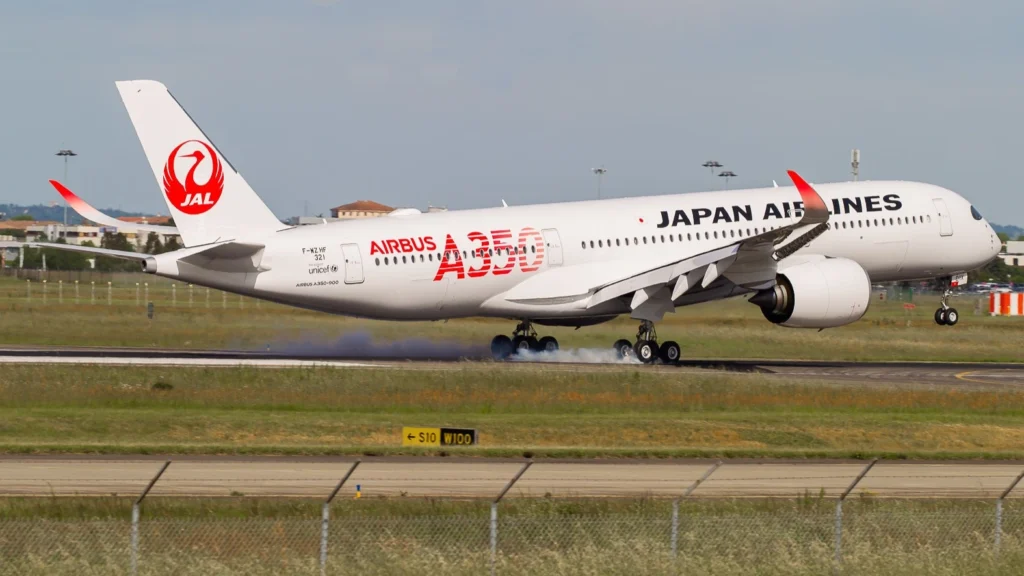 Photo: Clément Alloing
Photo: Clément AlloingCompany Roles in the SAF Ecosystem
Each partner plays a specific role in the emerging SAF and Scope 3 trading network:
- ITOCHU: Driving commercial adoption of SAF and trading frameworks.
- ENEOS: Building a full SAF supply chain, from feedstock to sale.
- NIPPON EXPRESS: Evaluating platform fit for logistics operations.
- Mizuho Group: Offering financial and systems support.
- Narita International Airport (NRT): Aiming to decarbonize airport operations.
- ClassNK: Providing third-party validation of environmental value trades.
The collective goal is to create long-term infrastructure for Scope 3 value exchange, while giving airlines and airports credible pathways to meet decarbonization targets.
Japan Airlines is integrating real-world sustainability efforts into both public-facing events and industry-scale infrastructure. The collectible aircraft part sale is a consumer-friendly nod to circular design. Meanwhile, behind the scenes, JAL is working across sectors to develop environmental trading systems that will allow SAF adoption to scale.
Stay tuned with us. Further, follow us on social media for the latest updates.
Join us on Telegram Group for the Latest Aviation Updates. Subsequently, follow us on Google News
Japan Airlines to Retire First 777-300ER with Last Flight from Los Angeles
The post Japan Airlines Discarded Boeing 777 Aircraft Parts Are on Sale and More appeared first on Aviation A2Z.










